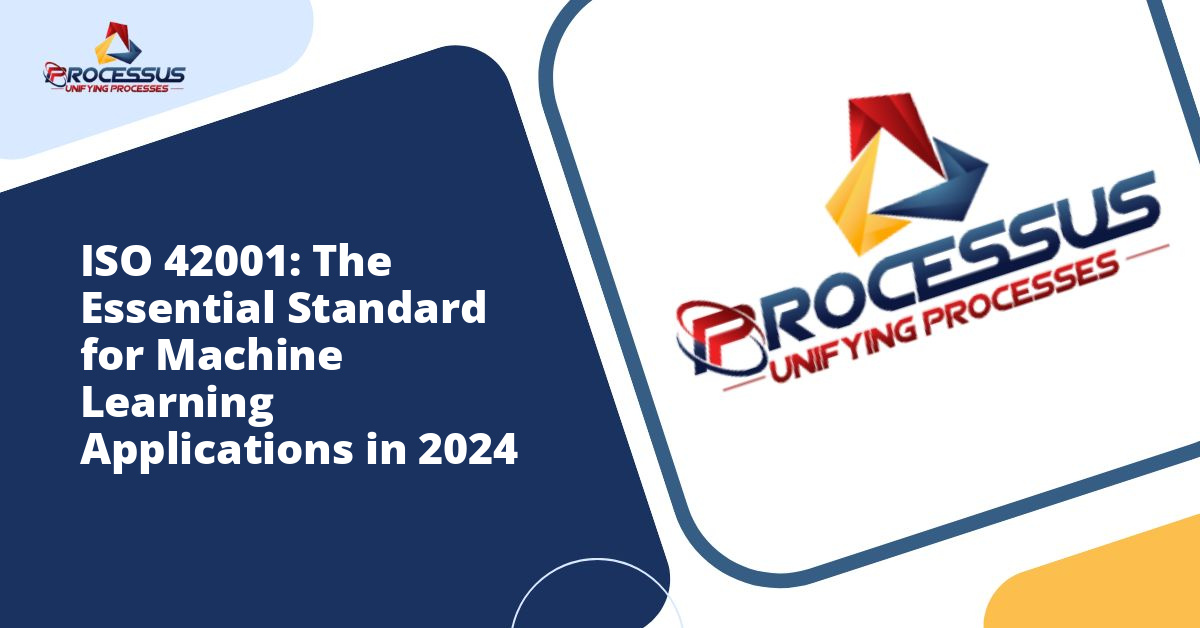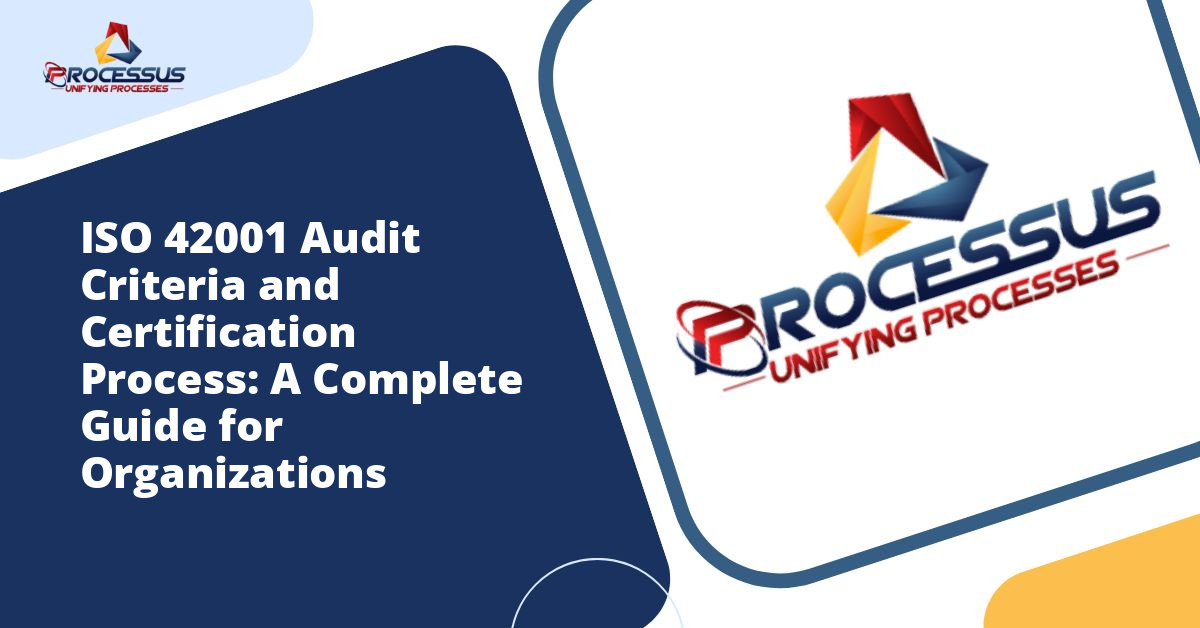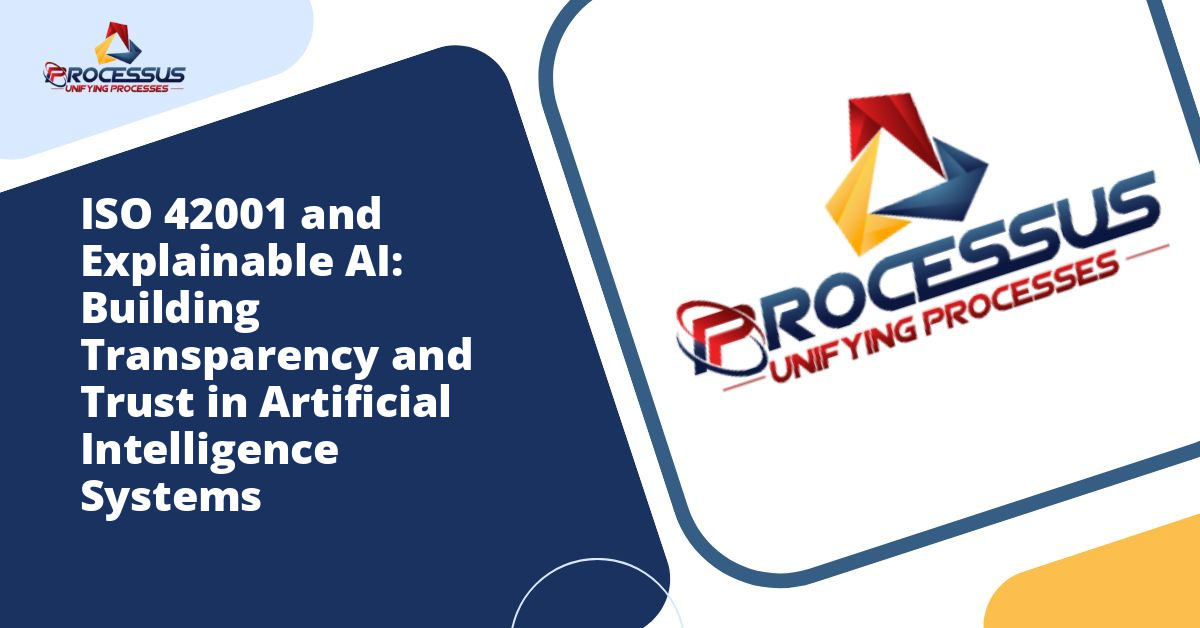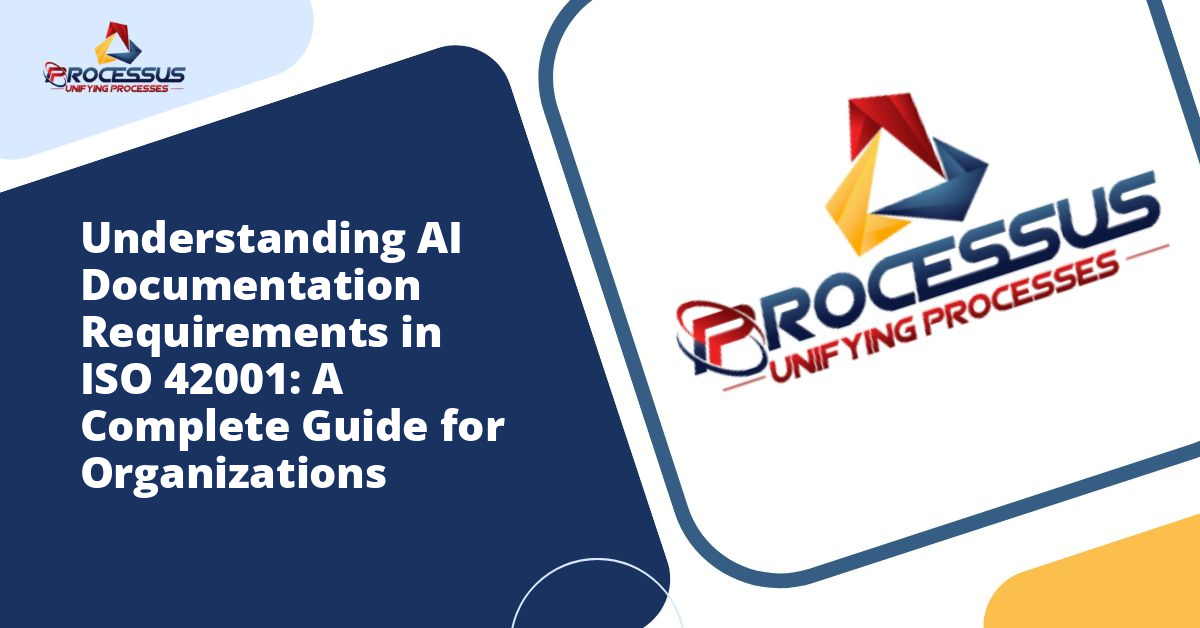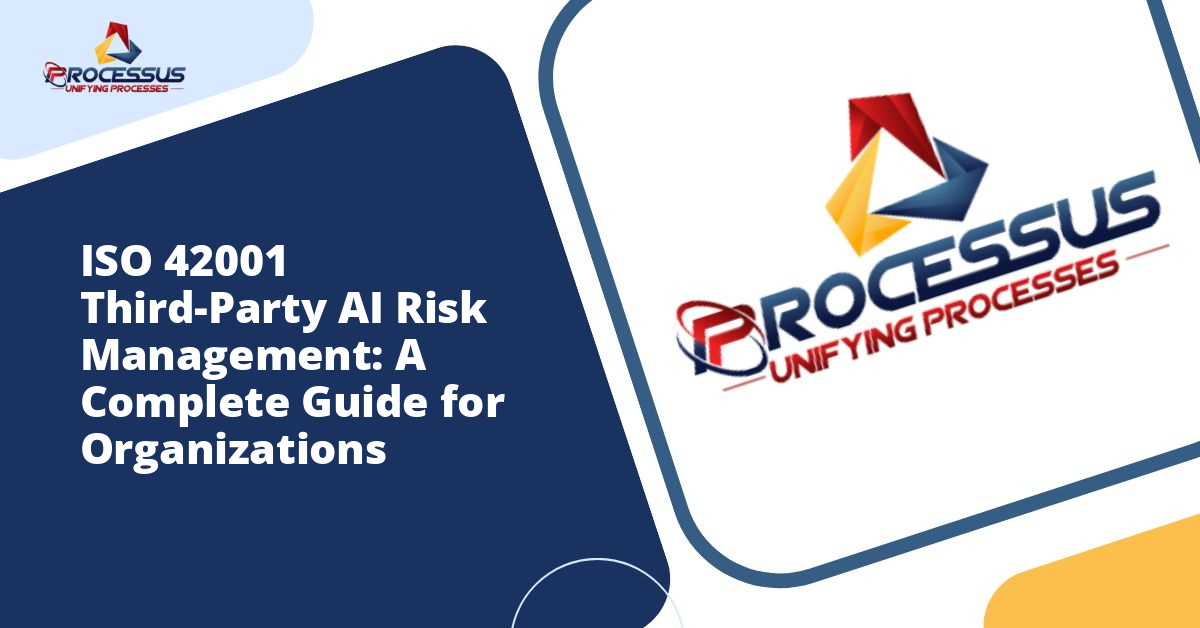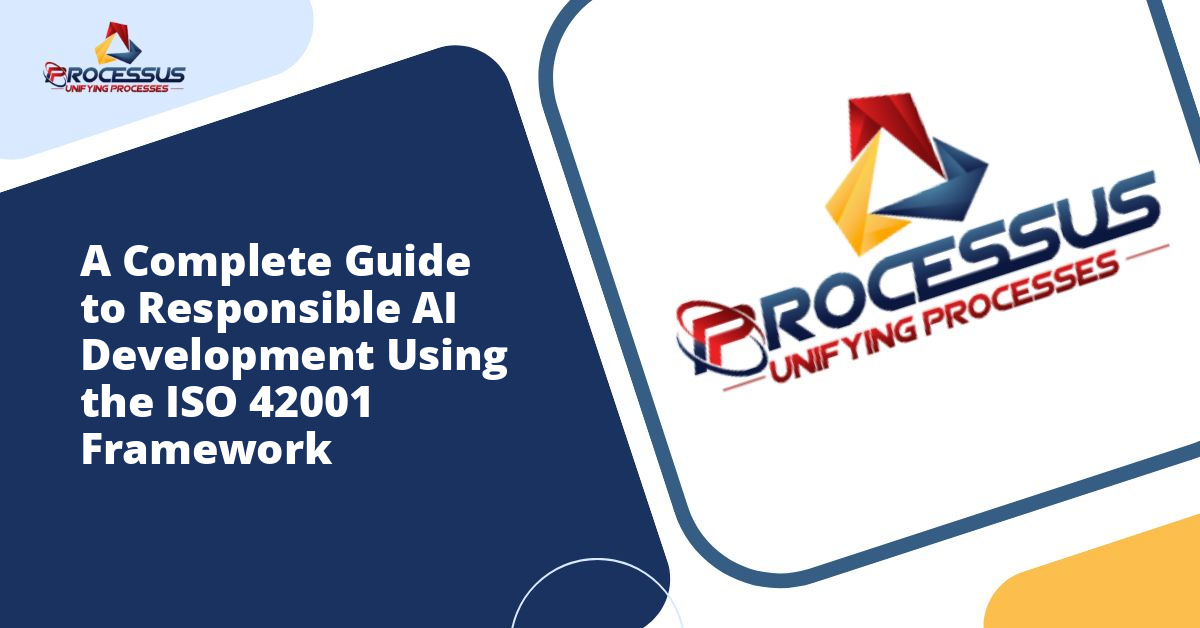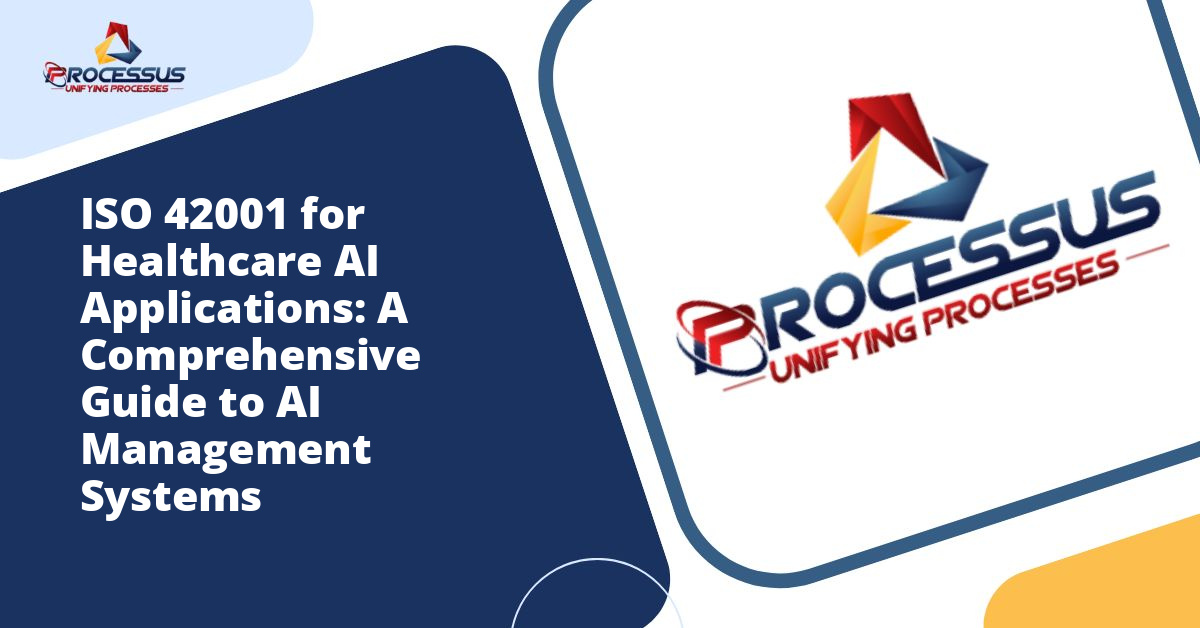The rapid advancement of artificial intelligence and machine learning technologies has created an urgent need for standardized governance frameworks. As organizations worldwide integrate machine learning systems into their operations, the importance of responsible AI management has never been more critical. ISO 42001, the world’s first artificial intelligence management system standard, provides comprehensive guidance for organizations developing and deploying machine learning applications. This groundbreaking standard establishes a framework that ensures AI systems are developed, deployed, and managed responsibly while maintaining trust, transparency, and accountability.
Understanding ISO 42001: A New Era in AI Governance
ISO 42001 represents a significant milestone in the evolution of artificial intelligence governance. Published in December 2023, this international standard provides organizations with a structured approach to managing AI systems throughout their entire lifecycle. The standard was developed by the International Organization for Standardization in response to growing concerns about AI safety, ethics, and accountability. You might also enjoy reading about Ethical AI: How ISO 42001 Addresses Bias and Fairness in Artificial Intelligence.
The standard applies to any organization that develops, provides, or uses AI-based products and services. Whether you are a startup building machine learning models or a large enterprise implementing AI solutions across multiple departments, ISO 42001 offers a systematic framework for managing the unique risks and opportunities associated with artificial intelligence technologies. You might also enjoy reading about ISO 42001 Risk Management for AI Systems: A Comprehensive Guide to Responsible Artificial Intelligence.
What makes ISO 42001 particularly valuable is its focus on practical implementation rather than theoretical concepts. The standard recognizes that machine learning applications present unique challenges that traditional management systems may not adequately address. These challenges include data quality concerns, model bias, algorithmic transparency, and the need for continuous monitoring and improvement. You might also enjoy reading about Implementing ISO 42001 in Your Organisation: A Comprehensive Guide to Getting Started.
The Core Components of ISO 42001
ISO 42001 is built upon several fundamental components that work together to create a comprehensive AI management system. Understanding these elements is essential for organizations seeking to implement the standard effectively.
Organizational Context and Leadership
The standard emphasizes the importance of understanding the organizational context in which AI systems operate. This includes identifying internal and external factors that influence AI development and deployment, understanding stakeholder needs and expectations, and defining the scope of the AI management system. Leadership commitment is crucial, as senior management must demonstrate active involvement in establishing, implementing, and maintaining the AI management system.
Organizations must establish clear policies that reflect their commitment to responsible AI development. These policies should address ethical considerations, risk management approaches, and compliance requirements. Leadership must also ensure that adequate resources are allocated to support the AI management system and that roles and responsibilities are clearly defined across the organization.
Risk Management Framework
Risk management sits at the heart of ISO 42001. The standard requires organizations to implement a systematic approach to identifying, assessing, and treating AI-related risks. This includes technical risks such as model accuracy and performance issues, as well as broader concerns like privacy violations, discrimination, and unintended societal impacts.
The risk management process must be continuous and adaptive. Machine learning systems can behave unpredictably as they encounter new data or operate in changing environments. Regular risk assessments help organizations identify emerging threats and adjust their controls accordingly. The standard encourages organizations to consider risks throughout the AI lifecycle, from initial concept and data collection through model training, deployment, and eventual decommissioning.
Data Governance and Management
Data quality directly impacts the performance and reliability of machine learning applications. ISO 42001 establishes comprehensive requirements for data governance, including data collection, storage, processing, and disposal. Organizations must ensure that data used for training and operating AI systems is accurate, relevant, complete, and representative of the populations or scenarios the system will encounter.
The standard also addresses data privacy and security concerns. Organizations must implement appropriate controls to protect sensitive information and comply with relevant data protection regulations. This includes obtaining necessary consents, implementing data minimization principles, and ensuring that data processing activities are transparent and accountable.
Implementing ISO 42001 in Machine Learning Projects
Implementing ISO 42001 requires a systematic approach that touches every aspect of machine learning development and deployment. Organizations must adapt their existing processes and create new procedures to meet the standard’s requirements.
Establishing the Foundation
The implementation journey begins with a thorough assessment of current AI capabilities and practices. Organizations should conduct a gap analysis to identify areas where their existing processes fall short of ISO 42001 requirements. This assessment should examine everything from data management practices to model development methodologies and deployment procedures.
Creating an implementation roadmap is essential for success. This roadmap should prioritize activities based on risk levels and business impact. Quick wins that demonstrate value can help build momentum and secure ongoing support from stakeholders. The roadmap should also include timelines, resource requirements, and clear milestones for measuring progress.
Building the AI Management System
The AI management system itself comprises documented procedures, processes, and controls that govern how machine learning applications are developed and managed. Organizations must create policies that address key areas such as AI ethics, fairness, transparency, and accountability. These policies provide the foundation for more detailed procedures and work instructions.
Documentation plays a crucial role in demonstrating compliance with ISO 42001. Organizations must maintain records of AI system development activities, risk assessments, testing results, and operational performance. This documentation serves multiple purposes: it provides evidence of compliance, supports continuous improvement efforts, and helps maintain institutional knowledge about AI systems.
Model Development and Validation
ISO 42001 establishes specific requirements for machine learning model development. Organizations must implement rigorous processes for model design, training, testing, and validation. This includes establishing clear performance criteria, conducting thorough testing across diverse scenarios, and documenting model limitations and assumptions.
Model validation is particularly important. Organizations must demonstrate that their models perform as intended and do not exhibit unacceptable biases or errors. This requires comprehensive testing using representative datasets and evaluation metrics that align with the intended use case. Validation activities should also assess model robustness, examining how systems perform under various conditions and potential edge cases.
The Benefits of ISO 42001 Certification
Pursuing ISO 42001 certification offers numerous advantages for organizations working with machine learning applications. These benefits extend beyond mere compliance, providing strategic value that can enhance competitive positioning and operational effectiveness.
Enhanced Trust and Credibility
ISO 42001 certification demonstrates to customers, partners, and regulators that an organization takes AI governance seriously. In an era of increasing scrutiny around AI ethics and safety, this certification provides tangible evidence of commitment to responsible AI practices. Organizations can leverage their certification status in marketing materials, proposals, and stakeholder communications to differentiate themselves from competitors.
The certification also helps build internal confidence. Employees working with AI systems gain assurance that their organization has established robust controls and processes. This can improve morale and reduce concerns about potential negative consequences of AI deployment.
Improved Risk Management
The systematic risk management approach required by ISO 42001 helps organizations identify and address AI-related risks before they cause problems. This proactive stance can prevent costly incidents such as model failures, data breaches, or regulatory violations. By implementing comprehensive risk controls, organizations can operate with greater confidence and reduce the likelihood of unexpected disruptions.
Better risk management also supports more ambitious AI initiatives. When organizations have strong governance frameworks in place, they can pursue innovative machine learning applications with appropriate safeguards. This enables strategic investment in AI capabilities while maintaining acceptable risk levels.
Regulatory Compliance and Future-Proofing
As governments worldwide develop AI regulations, ISO 42001 provides a framework that aligns with emerging legal requirements. Organizations that implement the standard position themselves to adapt more easily to new regulatory obligations. Many proposed AI regulations reference similar principles and controls to those found in ISO 42001, making the standard an effective foundation for compliance efforts.
The standard also promotes practices that align with existing regulations in areas like data protection, consumer protection, and anti-discrimination. This integrated approach to compliance can simplify regulatory management and reduce the burden of maintaining separate compliance programs.
Challenges and Considerations
While ISO 42001 offers substantial benefits, organizations should be aware of potential challenges in implementing the standard for machine learning applications.
Resource Requirements
Implementing ISO 42001 requires significant investment in time, expertise, and technology. Organizations must allocate resources for training personnel, documenting processes, implementing controls, and conducting audits. Smaller organizations may find these requirements particularly demanding, especially if they lack dedicated AI governance teams.
However, these investments typically yield positive returns over time. The efficiencies gained through standardized processes, the risks avoided through better controls, and the competitive advantages of certification often outweigh the initial implementation costs.
Organizational Change Management
Adopting ISO 42001 often requires substantial changes to how organizations develop and deploy machine learning systems. These changes can encounter resistance from teams accustomed to existing workflows. Successful implementation requires effective change management, including clear communication about the benefits of the standard, involvement of key stakeholders in the implementation process, and ongoing support for teams adapting to new procedures.
Leadership commitment is essential for overcoming resistance. When senior management consistently emphasizes the importance of AI governance and provides necessary support, organizational adoption becomes much smoother.
Keeping Pace with Technological Change
Machine learning technologies evolve rapidly, introducing new techniques, tools, and challenges. Organizations must ensure their AI management systems remain relevant as technologies advance. This requires regular reviews and updates to policies, procedures, and controls. The standard’s emphasis on continuous improvement helps organizations maintain effective governance even as their AI capabilities mature.
Best Practices for ISO 42001 Implementation
Organizations can enhance their chances of successful ISO 42001 implementation by following proven best practices developed by early adopters of the standard.
Start with a Pilot Program
Rather than attempting to implement ISO 42001 across an entire organization simultaneously, consider starting with a pilot program focused on specific machine learning applications or business units. This approach allows teams to learn, refine their processes, and demonstrate value before expanding the implementation. Lessons learned from the pilot can inform broader rollout strategies and help avoid common pitfalls.
Integrate with Existing Systems
Many organizations already have management systems in place for quality, information security, or other domains. ISO 42001 is designed to integrate with these existing systems, leveraging common elements like risk management processes, document control, and internal auditing. Integration reduces duplication of effort and creates a more cohesive governance framework.
Invest in Training and Awareness
Successful implementation depends on people throughout the organization understanding their roles in the AI management system. Comprehensive training programs should address not only technical personnel but also business users, managers, and executives. Training should cover the principles of responsible AI, specific requirements of ISO 42001, and practical guidance for applying the standard in daily work.
Leverage Technology Solutions
Various technology tools can support ISO 42001 implementation and ongoing compliance. These include platforms for AI model management, automated testing and monitoring tools, documentation systems, and risk management software. Investing in appropriate technology can reduce the manual effort required to maintain the AI management system and improve the consistency and reliability of compliance activities.
The Future of AI Governance and ISO 42001
ISO 42001 represents the beginning of a new era in AI governance rather than a final destination. The standard will continue to evolve as understanding of AI risks and best practices matures. Organizations should view certification not as a one-time achievement but as an ongoing commitment to responsible AI management.
Future revisions of the standard will likely address emerging challenges such as generative AI governance, AI system interoperability, and evolving ethical considerations. Organizations that establish strong foundations now will be better positioned to adapt to these future developments.
The broader regulatory landscape will also influence how ISO 42001 is applied. As jurisdictions implement AI-specific regulations, the standard may serve as a bridge between technical best practices and legal requirements. Organizations with ISO 42001 certification may find compliance with new regulations more straightforward than those without established AI governance frameworks.
Conclusion
ISO 42001 provides organizations with a comprehensive framework for managing machine learning applications responsibly and effectively. By implementing this standard, organizations can enhance trust, improve risk management, and position themselves for success in an increasingly regulated AI landscape. While implementation requires commitment and resources, the benefits of systematic AI governance extend far beyond mere compliance.
Organizations working with machine learning technologies should seriously consider adopting ISO 42001. Whether pursuing formal certification or simply implementing the standard’s principles, the structured approach to AI management offered by ISO 42001 can help organizations maximize the benefits of artificial intelligence while minimizing risks. As AI continues to transform industries and societies, standards like ISO 42001 will play an increasingly important role in ensuring that these powerful technologies are developed and deployed in ways that benefit everyone.
The journey toward ISO 42001 compliance is an investment in the future. Organizations that embrace responsible AI governance today will be better positioned to capitalize on tomorrow’s opportunities while maintaining the trust of customers, partners, and society at large. In the rapidly evolving world of artificial intelligence, ISO 42001 provides the stability and structure needed to navigate uncertainty and build sustainable AI capabilities.

